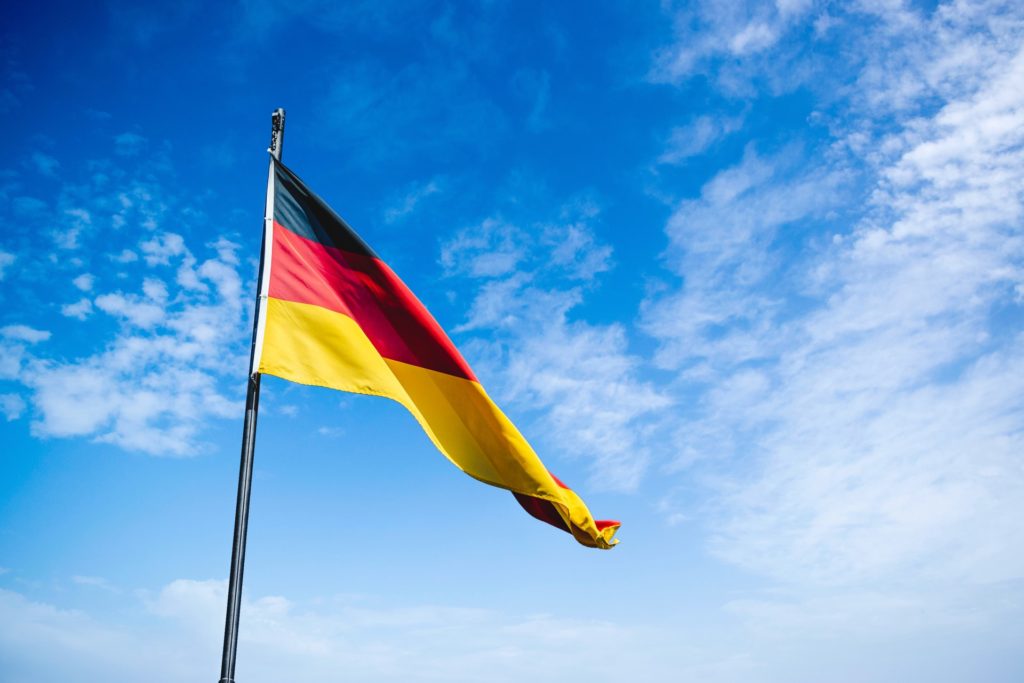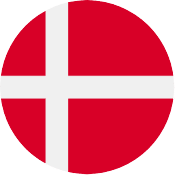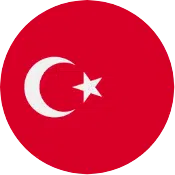Pfannkuchenspezialitäten
Discussing Pfannkuchen (pancakes) in Germany can be a rather controversial topic. It depends on where you are as to what pancakes are called. Terms vary from Pfannkuchen to Eierkuchen to Palatschinken, to Flädle to Plinsen… and Austrians just rip the pancake apart and call it Kaiserschmarrn!
And as if that was not confusing enough, there is another type of pastry people call Pfannkuchen in Berlin, but everyone else calls it Berliner (the pastry, not the people!) or Krapfen, or something completely different.
It is almost impossible for non-German natives to understand this complicated system of designations. In fact, most Germans struggle with it, too!
Play it safe and just call them Pfannkuchenspezialitäten! (pancake delicacies)
Wunderschön
Wunderschön is usually translated as very beautiful or gorgeous. It doesn’t only refer to people, but can describe actions or simply express delight. Everything can be wunderschön!
Foul, Elfmeter, Tor!
Football plays an important part in the German culture. Watching a football game in Germany can be a unique experience, especially when you know the most important vocab.
A Foul (nice and simple) in the Strafraum (penalty box) is usually followed by an Elfmeter (penalty kick), which should be closely followed by a Tor! (goal).
Dickbauchig or Knollig
Dickbauchig (literally: fat-bellied) or knollig is usually translated as bulbous and used to describe the shape of items like bottles, vases or jars. In some cases dickbauchig may also refer to other people (also see “Fettsack” below).
Fetter Sack
While dickbauchig and knollig can be used in a factual, non-offensive way, describing someone as Fettsack (literally fat sack) or fetter Sack is neither polite nor very nice!
Ossi & Wessi
Germans don’t only have nicknames for people from other countries, they also have nicknames for each other. Someone from former East Germany is called an Ossi and someone from the West is called a Wessi. Neither term may endear you to the person described as such.
Besser als in die hohle Hand geschissen
You won’t hear this phrase very often, but we like it because of its vividness. The English equivalent would be “Better than a poke in the eye with a sharp stick”.
You would use this phrase to emphasise that what you’ve got is still better than having nothing at all…or having someone’s poo in your hand.
Pulverschnüffler
Pulverschnüffler is the German expression for powderhound – a skier who insatiably seeks the best powder snow. Sick!
Würstchen
One of the great things about the German language is that you can make everything smaller or cuter by putting a “chen” at the end of the word – e.g. the world-famous German Wurst (sausage) becomes a Würstchen (cocktail sausage).
While armes Würstchen (“poor little sausage”) is a tenderly pitying expression for someone unlucky, referring to a gentleman’s pride as Würstchen is generally not considered tender, or well received.
In some southern parts of Germany “chen” is substituted for “le” in this case a Würstle, and in Switzerland it is “li”, so a Würstli.
Glocke(n)
Literally translated, Glocke means “bell” as in “church bell”. But the word Glocke has a number of meanings: It can refer to a cowbell, cloche or doorbell.
The plural Glocken also describes certain female and male body parts or in some cases the blossom of a flower, e.g. Osterglocken (literally: Easter bells or Daffodills).
Jemandem auf die Glocken gehen (“walk on someone’s bells”) means annoying someone.
Kompletter Unsinn/Blödsinn!!
A great way to end (or start) an argument is telling your opponent that what he/she is saying is kompletter Unsinn or Blödsinn. It means something is complete nonsense or bullsh*t.
Dicke Wandersocken
Germany is world-renowned as an engineering nation, and this talent is not limited to the automobile industry. Germans like to apply their engineering prowess and enthusiasm to all areas of life, producing a multitude of more or less useful gadgets to solve some real (and imaginary) problems. One such invention includes dicke Wandersocken or dicke Skisocken – thick socks that apparently are specially engineered for Wandern (hiking) or skiing.
Nacktschnecke and Schildkröte
One of the great qualities of the German language is its vivid descriptiveness. Germans like to be precise and factual, so they describe things and objects exactly as they see them.
Nacktschnecke (slug) for example is literally a nackte (naked) Schnecke (snails), due to its lack of a shell.
Another good example is the German word for tortoise or turtle Schildkröte, literally a “shield toad”, i.e. a Kröte (toad) carrying a Schild (shield).
Nicht kleckern, klotzen!
Translating this phrase is pretty difficult. An English equivalent would be “doing things in a big way” or “not taking half-measures”. Kleckern literally is to dribble or make a mess, while klotzen is a colloquial term for showing off.
Be careful to pronounce the “L” in klotzen though, and not to say kotzen (to vomit) instead. That would give the sentence a completely different meaning!
Genau and Genau!
The adjective genau describes something or someone as very exact and precise. It can also be used as an expression Genau! – meaning you are in agreement with someone.
“Diese Beschreibung ist sehr genau.“ “Genau!“
(These descriptions are very precise. Exactly!)
We hope you have enjoyed our journey into the intriguing and humorous nature of the German language (who would have thought?!) with Cactus favourite German expressions.


 French
French German
German Italian
Italian Spanish
Spanish Arabic
Arabic Cantonese
Cantonese Czech
Czech Croatian
Croatian Danish
Danish Dutch
Dutch English
English Greek
Greek Hebrew
Hebrew Hindi
Hindi Japanese
Japanese Korean
Korean Norwegian
Norwegian Polish
Polish Portuguese
Portuguese Russian
Russian Swedish
Swedish Thai
Thai Turkish
Turkish Ukrainian
Ukrainian